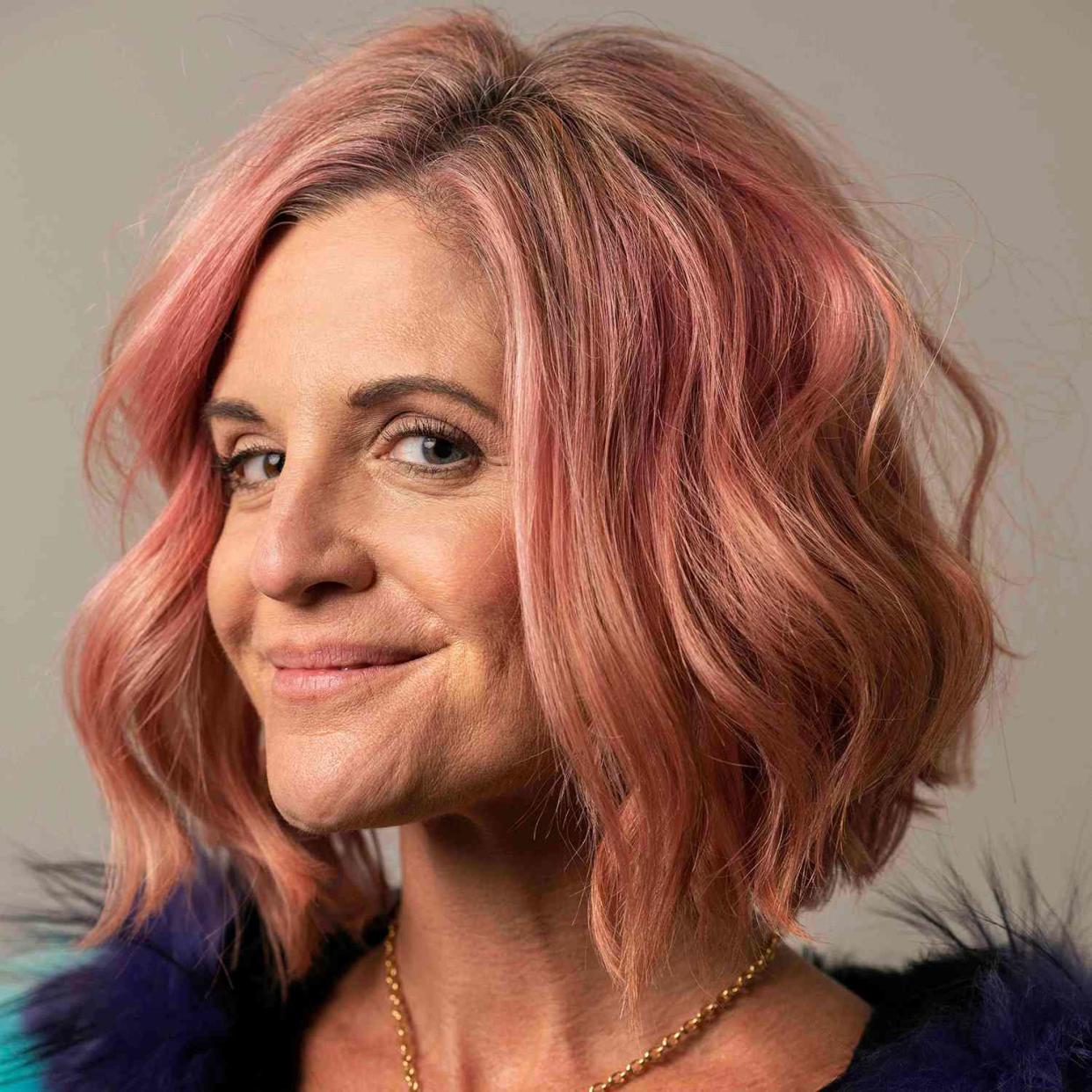Glennon Doyle Reveals Anorexia Diagnosis on Her Podcast: 'It Shook Me Deeply'

- Oops!Something went wrong.Please try again later.
Melissa Lyttle
Glennon Doyle is getting honest with fans about her recent eating disorder diagnosis.
In the latest episode of her podcast, We Can Do Hard Things, the Untamed author and recovering bulimic shared the news that she has recently been diagnosed with anorexia.
"There is no way I can explain to you the level of bafflement, shock, denial, confusion," she said on the podcast, which she hosts with her wife and soccer star Abby Wambach and her sister Amanda Doyle.
Doyle, 46, had initially sought medical help for a bulimia relapse. "I said [to the doctors], I am a bulimic and I have been recovered ... and I am having relapses, and I just need to understand ... how to get these relapses of my bulimia under control so I can be less scared and freer and not in danger."
After being evaluated she got the upsetting news from her doctor that, based on her history and medical tests, she was actually anorexic.
"The shift of my identity as bulimic, bulimic, bulimic... anorexia is a totally different thing," Doyle said. "It's like a different religion. It's a different identity. It's a different way of thinking, It's so confusing and it shook me very deeply. And I did not believe it."
RELATED: Glennon Doyle Says She Had to Share Bulimia Relapse on Her Podcast: 'It Was Hard for Me Not To'
Doyle had tipped off her Instagram followers that she would be making an announcement about her mental health. "On the pod today i'm sharing about my new diagnosis and my first brutiful steps of recovery," she wrote. "i'm not waiting to speak until i have my 'tada' moment because if I do, I'll never speak. this year, we are going to be messy and complicated and afraid and show up anyway," she continued.
On the podcast, Doyle describes how difficult it was to realize that healing from anorexia would need to come from her own power. She describes an intimate moment between her and Wambach in the kitchen when Wambach said, "I can't do this for you," implying that Doyle would need to find the strength within herself to fight the battle.
"This was a hard thing for me to say," Wambach said to Doyle in the episode. "I knew I had to say it — it had to be out loud — because you needed to take complete ownership over this process."
Doyle recalled being "chilled to the bone in that moment."
"I have never felt so alone on my own body. I'm the sick one, everyone is telling me, and I am also the one who has to fix the sickness?"
RELATED: Tess Holliday Says She's 'Regressed' in Her Anorexia Recovery: 'This Has Been Extremely Hard'
Soon after, Doyle started reading books to educate herself about anorexia. "It was a big shift in thinking for me," she said. "I started reading this book about what an anorexic's life looks like. I don't know how to explain the feeling of, reading things that you thought were part of your personality and who you were, and reading that they're actually just a collection of symptoms, of an effing disease."
"It was stunning to be a person whose life and work is about self-examination, is about discovering the nuance and minutiae of who we are and talking about it every day and then not know this information about yourself. It's humiliating on a level."
As she explores her journey — and she admits she's still in the middle of it — she's looking back at how she dealt with bulimia nearly two decades ago. "I was horrifically bulimic for a very long time and then I got pregnant and I was like, done. I am done with this s---," she said.
"I never, not once, went back and really figured out what happened to me. I didn't excavate. I didn't look at things, I didn't do the work. But instead I just used control and discipline and willpower to crush my bulimia."
"It's like, bulimia being an animal, and then I fixed it by becoming a robot," she says. "It's like I cured my bulimia with anorexia."
If you or someone you know is battling an eating disorder, please contact the National Eating Disorders Association (NEDA) at 1-800-931-2237 or go to NationalEatingDisorders.org.

